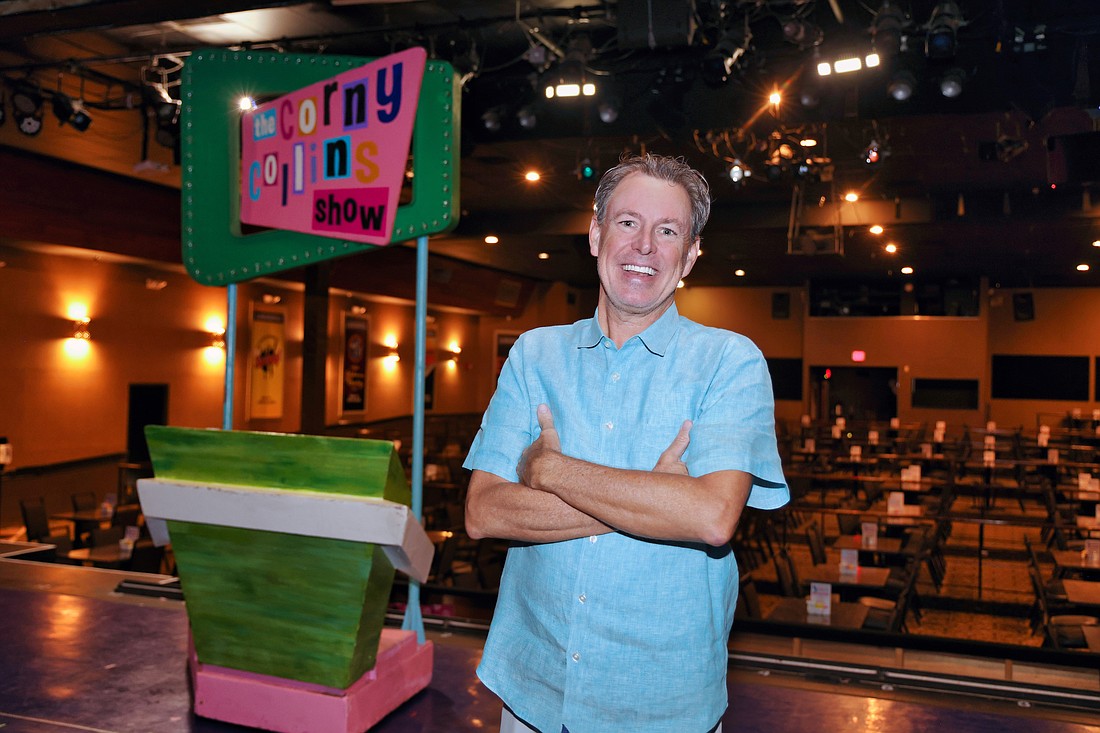- December 15, 2025
-
-
Loading

Loading

As Will Prather reflects on Broadway Palm Dinner Theatre’s 30 years in business, he sees three main reasons for the venue’s three decades of success. One is good timing. Another is an ability to adapt.
And the third? “I always say that we are in the happiness business,” says Prather, Broadway Palm’s co-founder, owner and executive producer of Prather Productions, the family business that runs the Fort Myers theater and another dinner theater in Pennsylvania. “We provide four to five hours for people to kind of forget about what they’re doing and come here with their friends and family and enjoy a very quality experience.